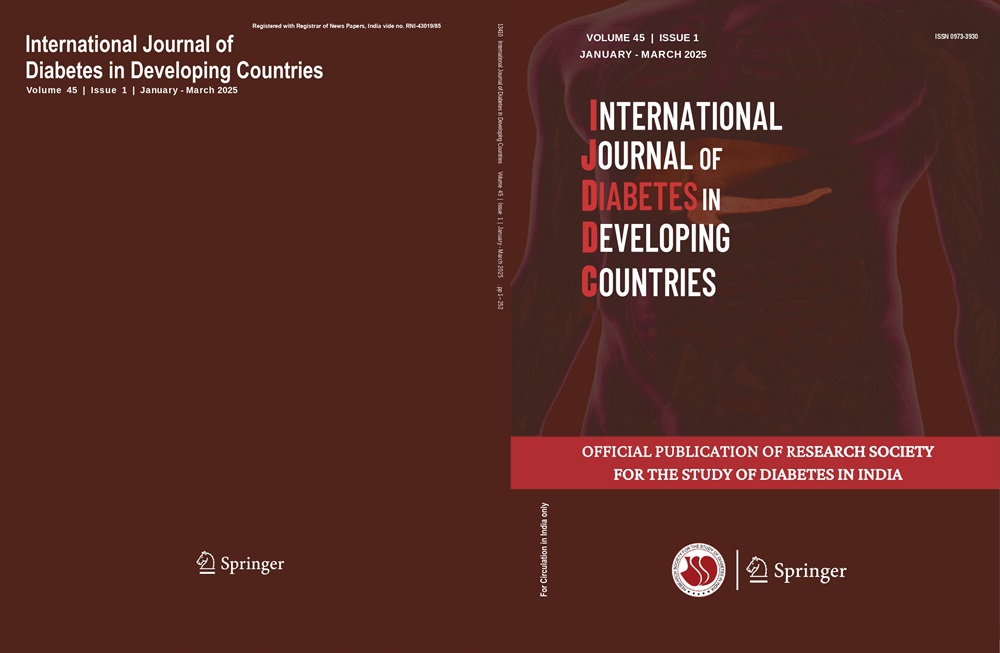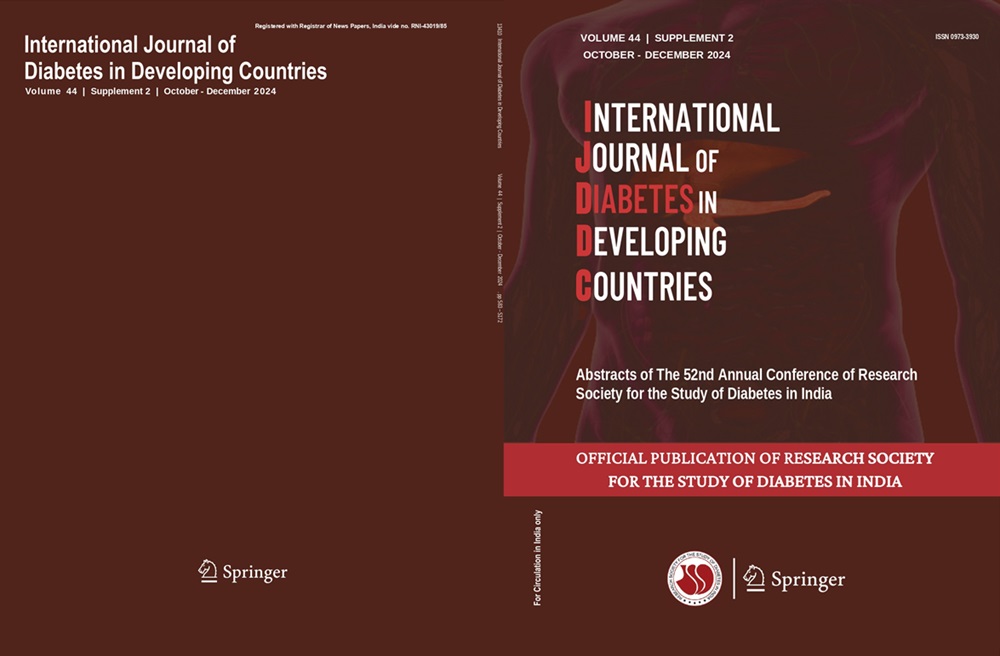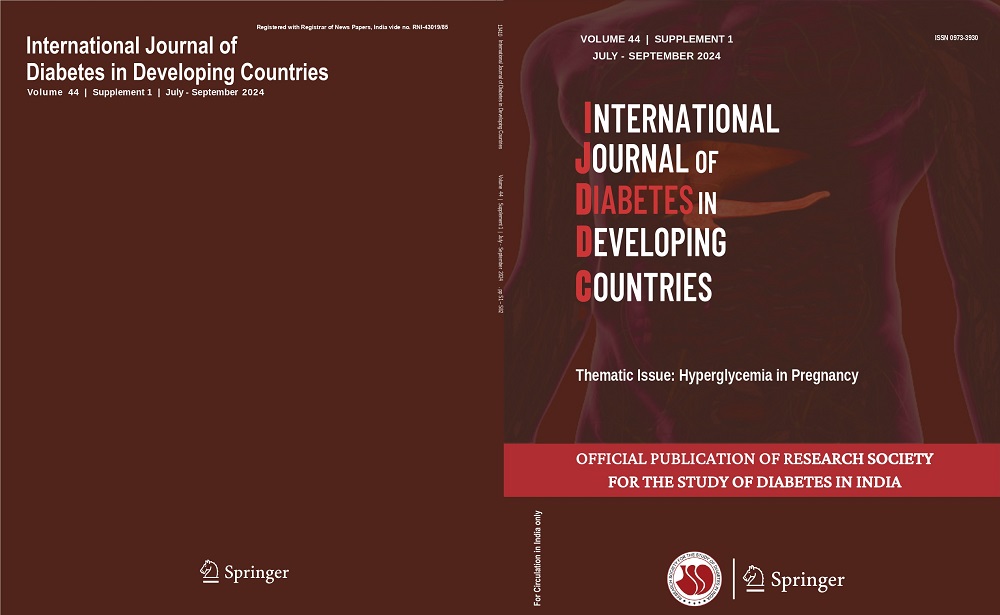Ozlem Ozbek, Mehmet Mustafa Can
Keywords
Dapagliflozin • SGLT2 inhibitors • COVID-19 • MACE • Cardiometabolic risk factor
Abstract
Objective We aimed to evaluate the impact of dapagliflozin on reducing major adverse cardiovascular events (MACE) and all-cause mortality in patients with COVID-19 and to assess whether it was associated with clinical improvement.
Methods Between March 2020 and July 2022, 446 diabetic patients hospitalized with COVID-19 were included in the study and were divided into two groups in terms of dapagliflozin use: 120 patients in the dapagliflozin group and 326 patients in the other oral antidiabetic (non-dapagliflozin) group.
Results Six (5%) deaths occurred in the dapagliflozin group and 58 (17.8%) in the non-dapagliflozin group (p=0.001). Lower rates of ICU admission were observed in the dapagliflozin group (8 (6.7%) vs. 67 (20.6%) patients) (p = 0.001). MACE occurred in 23 patients (19.2%) in the dapagliflozin group and 70 (21.5%) in the non-dapagliflozin group (p = 0.689). Higher age (p = 0.001) and higher urea (p = 0.019) were associated with increased risk of mortality. Dapagliflozin users had 3.937-fold lower risk of mortality (OR, 0.254; 95% CI, 0.093–0.697; p = 0.008). Multivariable logistic regression revealed that advanced age, active smoking, presence of peripheral artery disease, lower left ventricular ejection fraction, and glucose level were independently associated with MACE.
Conclusion We demonstrated that dapagliflozin treatment may be related with a reduced risk of mortality and lower ICU admission rates in diabetic patients hospitalized with COVID-19. Despite the limitations of the study, dapagliflozin could benefit COVID-19 patients with cardiometabolic risk factors, but further studies that control for our limitations are necessary.




